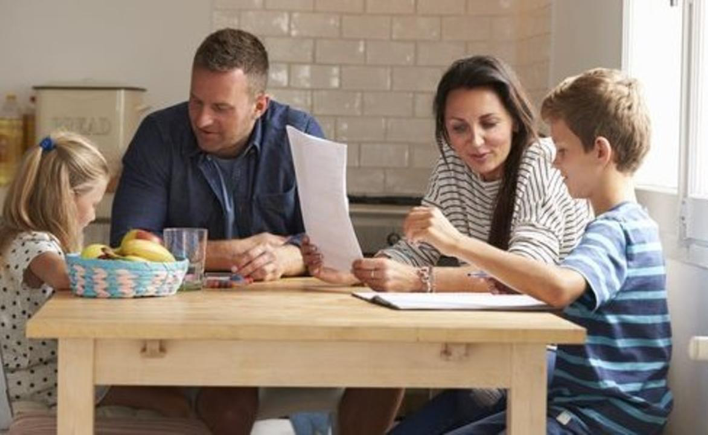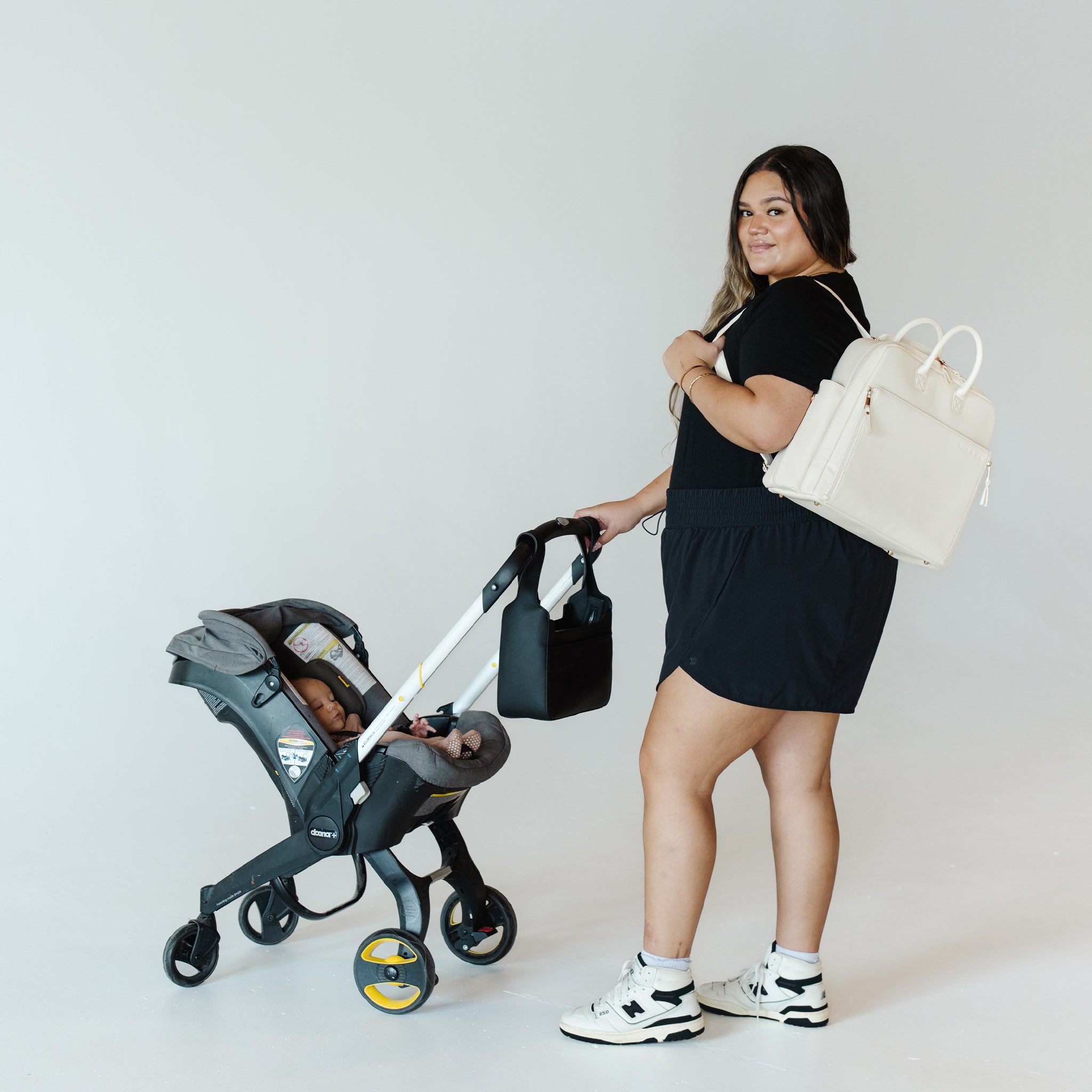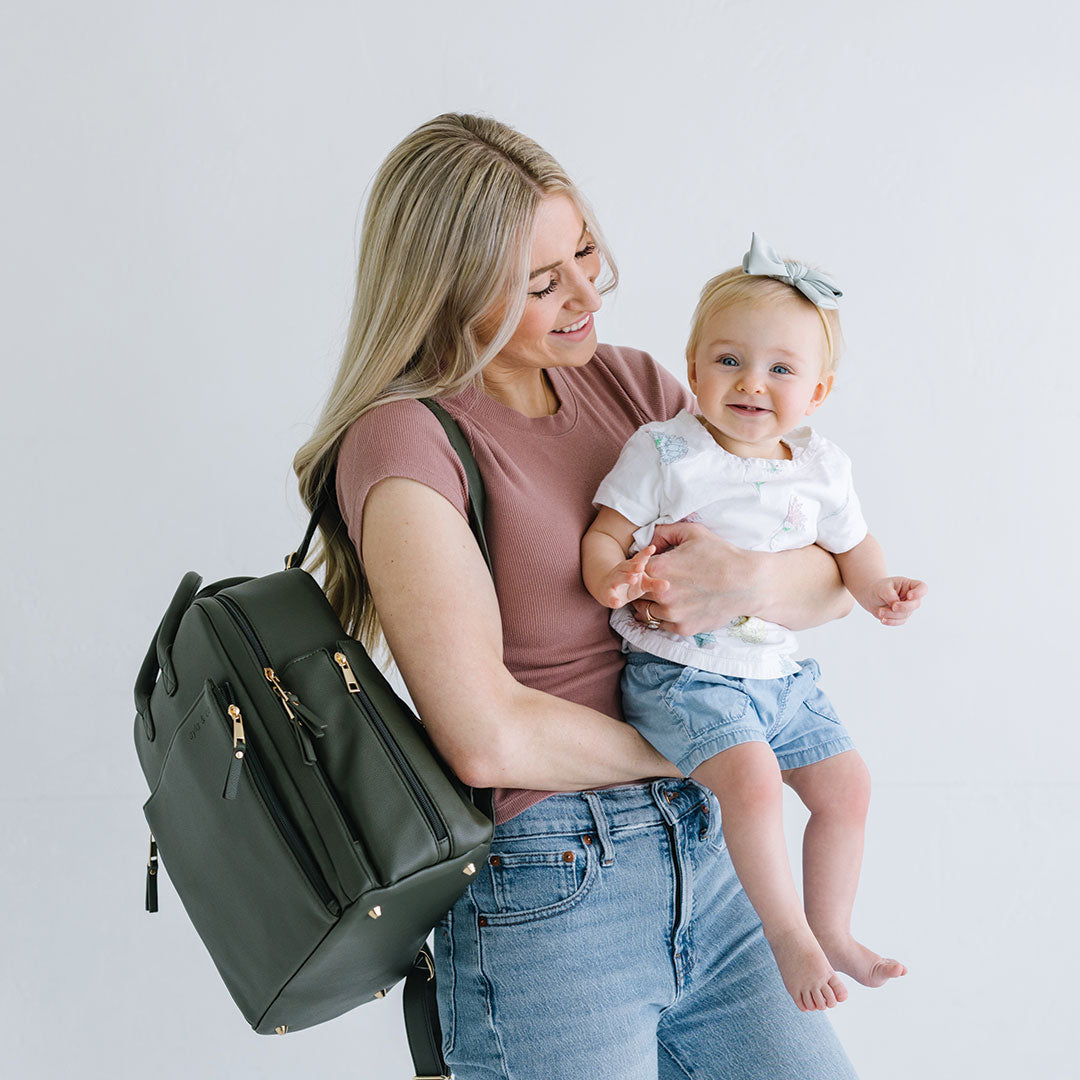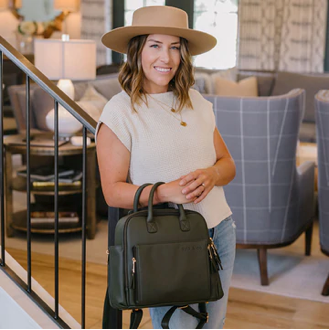
Helping Your Anxious Child
Everyone can feel worried, whether you’re a grown adult or a child. Experiencing anxiety will happen at various times in a person's life, and that is normal. Anxiousness can become problematic for young children when they begin to feel overwhelmed, distressed, or unmanageable when experiencing something. We’ve gathered some recommendations, from professional mental health experts, you can use to help your child work through their anxiety.

from: A Mother Far From Home
Validate Your Child’s Feelings
- Validating your child’s feelings is important. Do not dismiss your child’s worries, no matter how irrational they may seem. Listen, be empathetic, and respect their fear. While you know that aliens won’t take over the planet tomorrow, it’s still important to let your child know you hear them and understand them.

from: New York Post
Work Through Unhelpful Thinking
- Encourage your child to talk through their thoughts. When you know exactly what and why your child is feeling a certain way, you can help them work to find more realistic and helpful thoughts. You may need to ask a question to get your child thinking. Questions can help children think through the issue at hand and come to a conclusion. This is called self realization, and this is much more powerful than hearing your parents, teachers, or friends tell you your anxieties are ridiculous.

from: Regis College
Practice Deep Breathing
- If your child is feeling completely out of control and needs to calm down, try working through some deep breathing exercises with your child. A major way to help your child work through anxious feelings is to be calm. Deep breathing can help refocus, think clearer, and eventually calm down.

from: PJ Library
Face Your Fears
- This is a tricky one, there is a very fine line with helping someone face their fears! All parents want to help their child, but you need to respect your child’s fear without giving into their fear. The more a fear is avoided, the more it teaches that there is a reason to be anxious about that fear. Validate your child’s fear, but help them understand things can be scary, or difficult - it’s okay. You can do it anyway. It’s important not to push your child too far, or they can fall apart. Over time, as a child continues to encounter a specific stressor, the stressor slowly loses the fear and anxiousness over it.

from: Verywell Family
Model Healthy Ways to Handle Anxiety
- Children are so perceptive to the world around them. Help them by modeling how you handle stressors and anxiety. This doesn’t mean to pretend you have no stress or anxiety. What it does mean, is to allow your child to see you managing your stress and anxiety calmly, tolerating it, and feeling good about getting through it.
While these are not the only modes of helping your child cope with anxiety or anxious feelings. These are extremely helpful tips that could benefit your child. As always, find what works best for your child and your family. You may find you don’t need to implement these strategies to help your child, or you may find that your child needs more interventions to help. Talk with your pediatrician and see what they recommend for you, your child, and family. Raising children can be hard, but you’re not alone, lean into your support system! You can do this!









